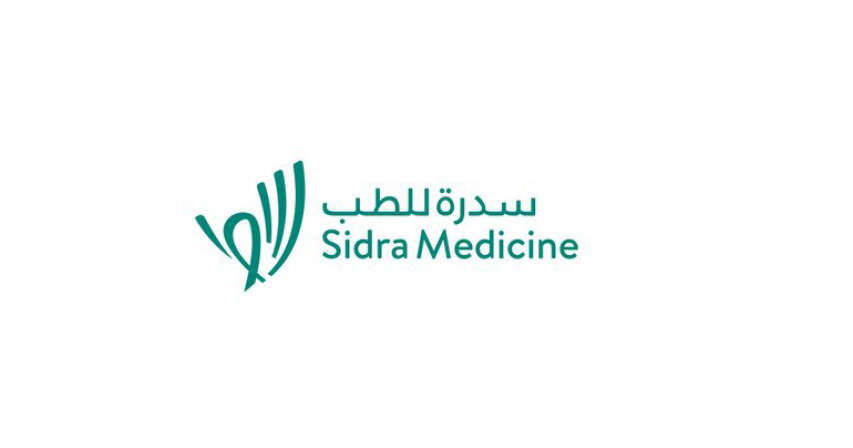Sidra Medicine Performs Groundbreaking Surgeries on Children with Apert Syndrome
- 5 years ago

Sidra Medicine has introduced many cutting-edge surgical techniques to Qatar, taking a multi-disciplinary approach to care including the treatment of children affected by conditions such as Apert syndrome.
A joint collaboration between the Plastic and Craniofacial Surgery and Neurosurgery Divisions, the team have conducted operations in which large portions of the skull bon have been cut, re-configured and sometimes "stretched" into new shapes and positions. Many of these complex transformations require several surgical stages undertaken over a number of years in order to account for changes related to ongoing growth of the child.
Children with Apert syndrome and who have skull deformities, require the expertise of Neurosurgeons during surgery, who play a major role in removing parts of the skull safely while protecting the child's brain and minimizing blood loss. This then allows the craniofacial surgeons to remodel the child's head safely. Both specialties work as a team in the operating room.
Division Chief of Plastic and Craniofacial Surgery at Sidra Medicine Dr. Mitch Stotland said: "At Sidra Medicine we are one of the few pediatric hospitals in the Middle East that is able to offer truly ground-breaking surgical interventions for rare and complex syndromes.
"While the majority of the Plastic Surgery performed at Sidra Medicine for cleft lip/palate, microtia, facial palsy, craniofacial microsomia, hand deformities, facial trauma, etc. is undertaken independently, all cranial reconstructions are appropriately performed in a specialized center with expert Pediatric Neurosurgery collaboration. We work hand-in-hand in this particular area with neurosurgeons."
Dr. Khalid Al Kharazi, Senior Attending Physician, Pediatric Neurosurgeon at Sidra Medicine said: "The Neurosurgery aspect when it comes to treating children with Apert Syndrome is to allow space for their brains to grow. Our role is to prevent problems developing problems like pressure inside the head.
"Also, the risk of leaving a skull that is prematurely fused, can result in brain damage. This can also restrict developmental progress and may lead to blindness.
"Our multidisciplinary approach to care means that Sidra Medicine is well equipped to pull in the expertise of different surgeons and healthcare specialists throughout a patient's journey of care with us," he added.
Apert syndrome is a rare craniofacial condition, occurring in approximately 1 in 65,000 live births worldwide. It is known to be associated with a distinct genetic mutation. There are no currently understood precipitating factors that lead to this mutation, and it most commonly occurs sporadically (meaning it typically does not appear to be passed on in a hereditary fashion from a parent).
Apert syndrome includes characteristic malformations of the patient's skull, face, hands, and feet, as well as variable deformities in other anatomic areas. T he distinguishing skull irregularity results in a head with dimensions that are reduced from front-to-back, excessive from side-to-side and top-to-bottom, and with eye sockets and an upper jaw bone that appears "pushed back". This pattern of deformity is caused by premature fusion/closure of the skull bones prior to birth (referred to as "craniosynostosis"). (QNA)
Comments